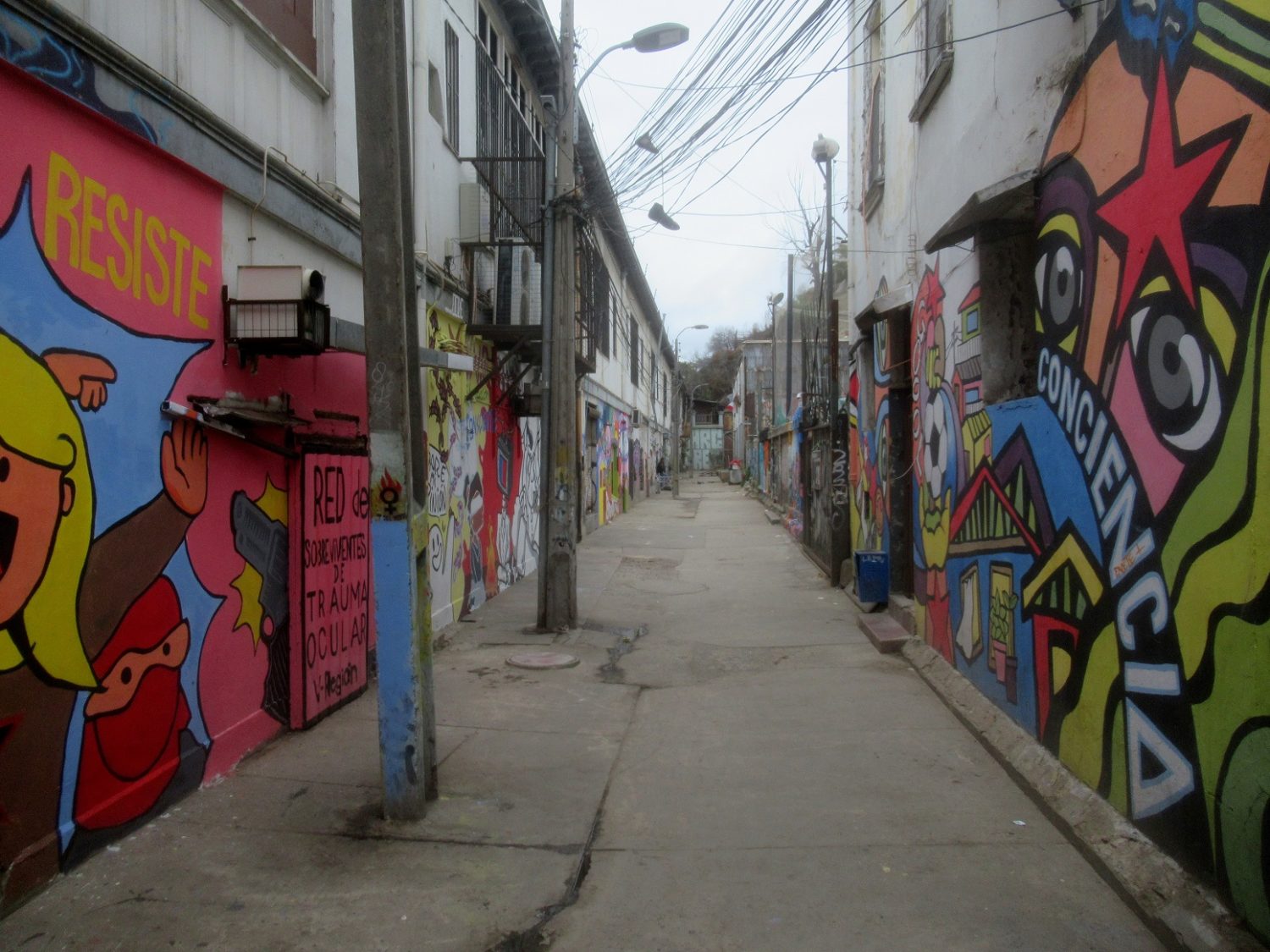Approximate reading time: 2 minutes, 11 seconds
On December 17, the Plebiscite will be held to vote and choose between the options “Agree” or “Against” of the constitutional text drafted by the Constitutional Council, an instance that derived from a new institutional political compromise, called this time “Agreement by Chile”, which was endorsed with the signature of almost all the institutional political parties (from the UDI to the PC), with the sole exception of the Republican Party, who, paradoxically, were the great winners of this new electoral stage, since in the Councilor elections on May 7, 2023 obtained 23 of the 50 seats on the Council, that is, 45% of the preferences. The Unity for Chile coalition, representing the other right-wing parties, obtained, for its part, 31%. In this way, the great winners in these elections were the parties of the traditional Chilean right and especially, on this occasion, the “kastiana” extreme right represented by the Republican Party.
The text emanating from this Constitutional Council – beyond the “borders” set by a “Committee of Experts” and the reviews carried out by a “Technical Admissibility Committee”, both bodies designated by the institutional political parties themselves through the Chamber of Deputies together with the Senate – is a faithful reflection of the ideas and approaches of these retrograde sectors of society and it is not surprising that this is the case given the correlation of political forces within said Constitutional Council according to the result of May 7, 2023, an electoral process in which, once again, full of hopes and efforts to write a constitutional text “in democracy” at every event, all institutional political parties embarked.
But it was enough for the electoral results in this election of constitutional councilors to be known for many members of the government coalitions to feel disappointed and willing to reject in advance what was written there, especially the militants linked to the Apruebo Dignidad coalition.
Just as the traditional right from the first moment questioned and rejected the previous constitutional process, derived from the Agreement for Peace and the New Constitution, this time it was the parties that support the Boric government who took the same attitude towards this new monstrosity of constitutional process.
From the traditional right’s rejection of the first process we move on to the ruling parties’ rejection of this second process, a rejection that this time translates into voting AGAINST the proposed text on December 17.
The most paradoxical thing about all this is that the vote AGAINST means support for the Constitution created during the dictatorship, the Constitution of 1980 to which a series of reforms were made, but which keeps intact the pillars of the system of capitalist domination created by the civil-military dictatorship headed by Pinochet, which, furthermore, since 2005 no longer bears the signature of the dictator, but that of Ricardo Lagos.
That is to say, it is the same Constitution that wanted to be eliminated from the roots by the political sectors that today will come out to defend and protect it with their rejection this December 17.
Lhe multicolored illusions of those who embarked on this tortuous institutional electoral path – which had its initial kickoff in November 2019 with the Agreement for Peace and the New Constitution – have become a dead end, a dark labyrinth whose exit will be, In the best of cases, a “triumph” with a taste of defeat, since if the AGAINST option wins, it means in concrete practice, without any euphemism, supporting the Constitution created in the dictatorship, with which, due to the mandatory vote that ensures high citizen participation, this Magna Carta can be propagated by its true defenders as a Constitution of proven “democratic legitimacy.”
Those who accepted this institutional path must take charge of it and not continue blaming the cobblestones; elms, moreover, will never bear pears.
William Correa Camiroaga, Valparaíso November 10,
The opinions expressed in this section are the responsibility of the author and do not necessarily represent the thoughts of the newspaper El Clarín





